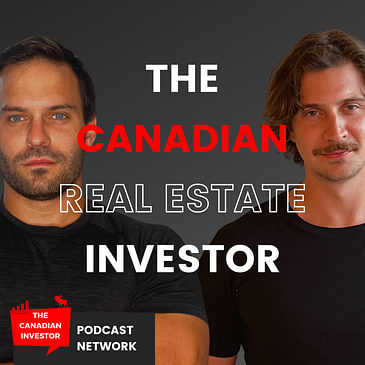These two are epic in so many ways, their impact on the investing community, the annual shareholders meetings, but also they idioms, anecdotes, investing lessons and principals,
We’ve gathered some of our favourites here and we are going to go through them and apply them to real estate investing.
If you have any questions for the show or want to work with Nick and Dan please reach out to them on social media or send an email to tcreipodcast@gmail.com
Join the 5 Day Challenge - The Hunt For The Best Investment Property In The Country
- View & analyze hundreds of deals
- Underwrite & model investments
- Determine if a bank will lend on a deal
Sign up for the Newsletter
Meetups Meetups
Merch merch
Get a Pre Approval G & H Mortgage Group
Work with Landbank LandBank
Nick
Instagram.com/mybuddynick
tiktok.com/@mybuddynick
twitter.com/mybuddynick89
Dan
twitter.com/daniel_foch
instagram.com/danielfoch
tiktok.com/@danielfoch
See omnystudio.com/listener for privacy information.

